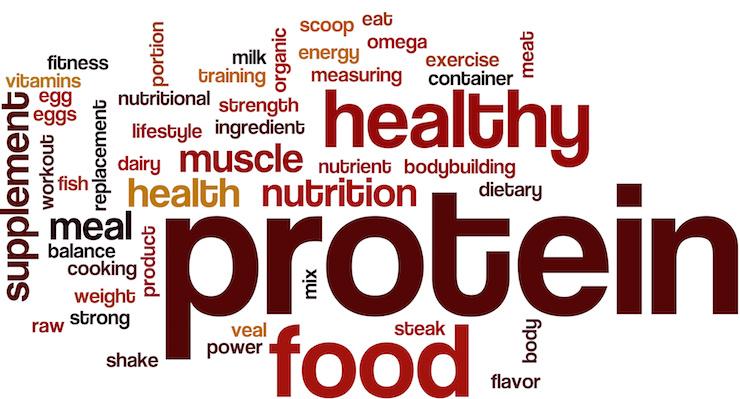
- Health advice
- Oct 01, 2015
Your body uses thousands of enzymes every second to function.
In fact, if your body had no enzymes it would simply stop working.
Enzymes are essential for life especially digestive enzymes.
Most of us are enzyme deficient due to factors such as age, stress, medication, disease and poor diet.
Possible signs of an enzyme deficiency
- Gas, bloating
- Full feeling after eating
- Inflammatory bowel
- Constipation, diarrhea or stools that float
- Food allergies
What are enzymes and why are they so important?
Enzymes are proteins needed to produce life sustaining chemical reactions in the body that are used to regulate metabolic function. There are over fifty thousand enzymes in the human body and twenty-two of them are digestive enzymes, vital for processing the foods you eat.What happens when you eat?
Your digestive tract doesn’t magically absorb the food you eat, it absorbs the nutrients that are broken down by enzymes. For example proteins become amino acids, fats become fatty acids and carbohydrates become sugar. This process begins in the mouth as you chew your food. It continues to the stomach, heads to the small intestines for further processing then the final nutrients are absorbed into the bloodstream and what’s left over ends up in the colon to be eliminated. The salivary glands, stomach, pancreas and small intestine are all responsible for creating the digestive enzymes needed to properly process food.What causes enzyme depletion in the food you eat?
Many things cause the food you eat to lose enzymes from the moment it is planted until the time we consume it. Common causes include: Genetic engineering (GMO), pesticides, nutrient poor soil, heavy metals, irradiation, pasteurisation, microwaves, high temperature cooking, using water with fluoride, high intake of hydrogenated or unsaturated fats, and mercury from fillings.Diseases linked to specific enzyme deficiencies
- Protease, responsible for breaking down proteins, deficiency is linked to: diabetes, osteoporosis, arthritis, kidney disorders, lowered immune system and cancer
- Amylase, responsible for carbohydrates, deficiency is linked to: lung problems, skin conditions, fungal infections, hives, diseases of the gall bladder and liver.
- Lipase, responsible for fats, deficiency is linked to: heart disease, high cholesterol, gall bladder disease, obesity, diabetes, spastic colon, and chronic fatigue syndrome
- Cellulase, responsible for fibre, deficiency is linked to: candida (yeast infections), gas, bloating, food allergies, and constipation
How to get more enzymes in your diet?
Your body creates less digestive enzymes as you age while lifestyle choices wreak further havoc on enzyme levels.- Chew your food. Since digestion begins in your mouth it is important to chew each bite of food thoroughly before swallowing. The recommended amount is 25 times per bite.
- Add raw food. Eat more veggies, nuts, and fruits in their raw form. Cooking or micro waving food destroys enzymes. Cook foods no higher than 48ºC (116 degrees Fahrenheit).
- Relax. Stress is known to deplete enzymes especially when eating. Take time to relax with your meal and wait at least ten to twenty minutes before resuming high activity.
- Diet. Avoid foods like: white flour/sugar/rice, processed foods, soft drinks, and hydrogenated foods/oils. Add enzyme rich foods such as: raw honey, papaya, kefir, Kim chi or other fermented veggies, wheat grass juice, pineapples, mango, kiwi, and avocado






